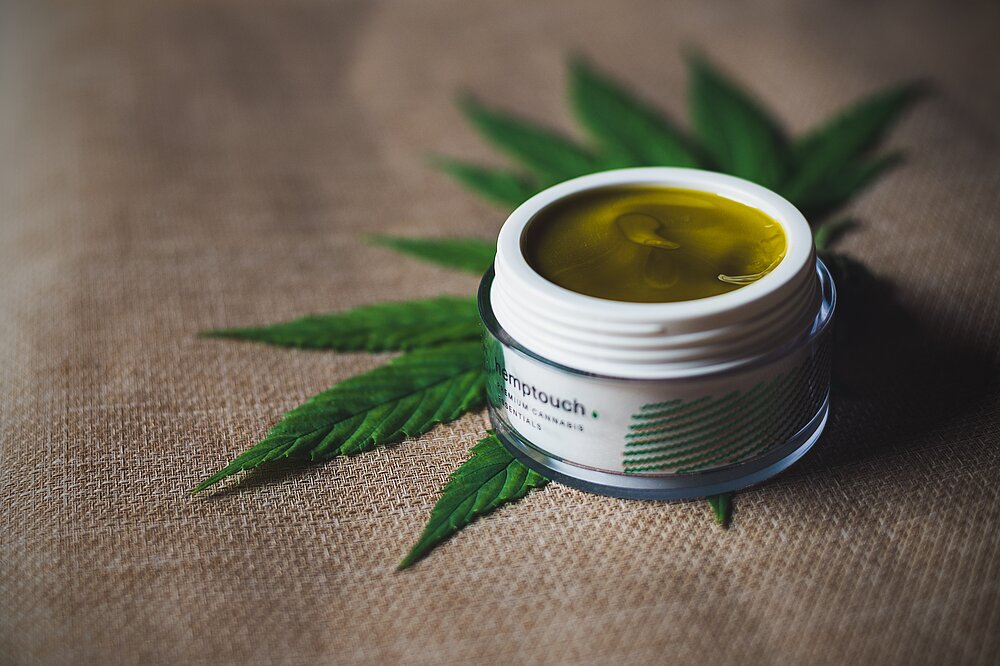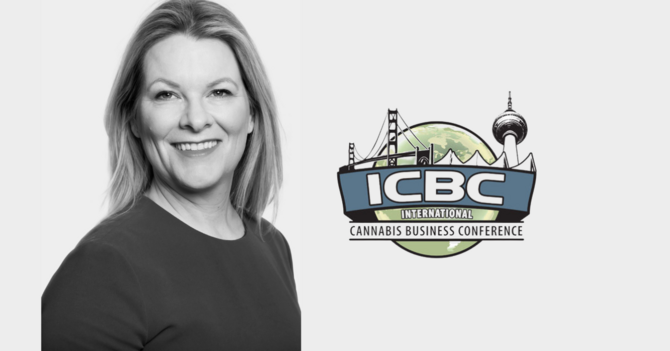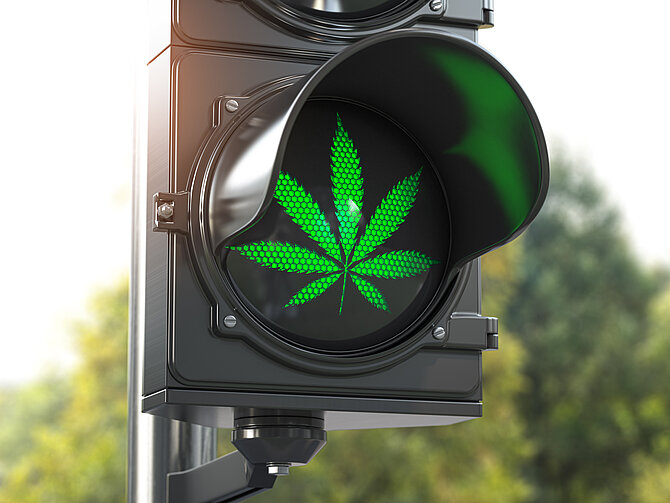Find out today what the legal world will be talking about tomorrow.
20.10.2022
Advertisement Law and Brand Protection in the Cannabis Field in Germany

Since 2017, cannabis has been permitted in Germany for medical purposes. However, the supply agreements currently concluded with the Cannabis Agency of the Federal Institute for Drugs and Medical Devices (BfArM) on the quantity limitation of medical cannabis are not sufficient to cover the medical demand in Germany.
The advertisement of cannabis and products containing cannabis or cannabidiol (CBD) also is subject to several restrictions. The restrictions that apply depend on whether the respective products are classified as medicinal products, food or cosmetics.
Medical cannabis may further not be purchased directly by consumers as it is classified as a narcotic and is available only with a special prescription. That is why medical cannabis may not be advertised to end consumers, but only to specific healthcare professionals.
In the case of foodstuffs and dietary supplements the requirements of the Health Claim Regulation (EU 1924/2006) must be observed, if the CBD product is advertised with nutrition or health claims such as “helps with acute and chronic pain, insomnia, migraine, etc.”.
Advertising for cosmetic products must also comply with the requirements of Regulation (EU) No 655/2013. In addition, the "Technical Document on Cosmetic Claims" sets out common criteria for the use of advertising claims, such as compliance with legal requirements, truthfulness, demonstrability, probity, fairness and informed choices.
Furthermore, when registering cannabis trademarks in Germany and the EU, care should always be taken to ensure that the trademark to be protected is not contrary to public policy or morality of an EU Member State, meaning that it does not give the impression that the use of cannabis is glorified as an illegal drug.
Despite the growing tolerance for cannabis use in large parts of the EU, case law is still quite conservative when it comes to protecting cannabis trademarks. Terms such as weed, hemp, pot, marijuana, cannabis, grass and hash, which are widely associated with the use of cannabis as an illicit drug, remain problematic.
Further legal aspects on the topics Advertisement, Medicinal products, Foodstuffs/dietary supplements, Cosmetic products and Brand protection can be read here in the full article.
Authors



